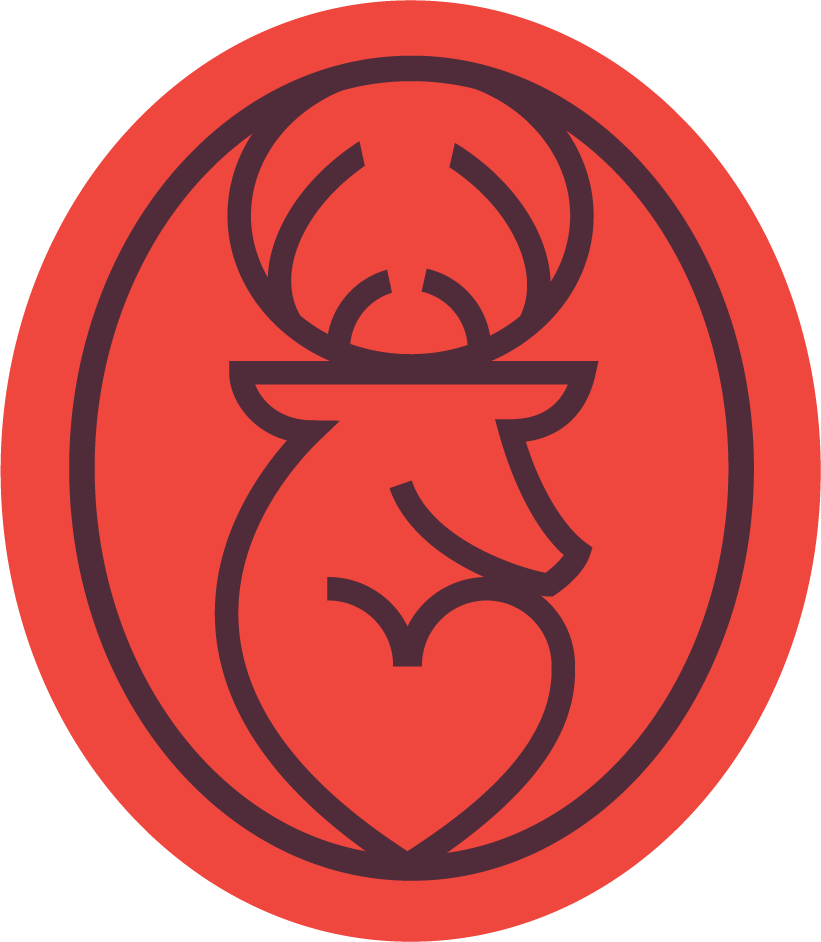Confessions of a Self-Care “Expert”
Why We Teach What We Still Need to Learn
When I was working on my book—especially while wrestling with the title—I resisted using the phrase self-care. The word felt diluted and buzzy. And for someone whose life and work have been shaped by hardship—by moving through darkness, by facing the caves of the hero’s journey—“self-care” felt too soft.
But the truth is:
Real self-care is born in the hard places.
It doesn’t come from candles or pampering. It’s forged in those difficult seasons when life pushes us inward, asking us to pay attention to what we’d rather ignore. In those caves, we discover the most essential reward: knowing what we need to return to alignment.
As a coach, teacher, facilitator, and writer, I’ve learned that if I’m not tending to myself consistently, I’ll eventually have nothing left to give. My purpose isn’t just to take care of myself—it’s to model what it looks like to care for myself with honesty. The best way we give to the world is by giving to ourselves first.
Yet like so many caregivers, practitioners, and leaders, I still forget to put myself on the list of worthy recipients.
A Wake-Up Call From My Own Body
Over the last few months, I’ve been dealing with upper back, shoulder, and neck pain. At first it was a whisper—a little tightness, a little resistance.
Then it became a tug.
Then an ache.
Then something I pushed through out of habit.
And despite all the years I’ve spent teaching others to “listen to your body,” I ignored my own.
Eventually, my body stopped whispering and started shouting. Everything seized up. The pain was impossible to ignore.
Then, one morning, a client cancelled. My first thought was to go home and use the hour to “be productive.” But as I packed up, something inside me said:
Wait. This is a gift. Take it.
So I stayed. I spent the hour rolling out on my foam roller and therapy ball. I used my Gyrotonic® equipment to gently mobilize my joints. I moved slowly and breathed deeply. And little by little, the pain began to lift. My mobility returned.
The lesson was simple, but profound:
Healing requires patience and gentleness.
Listening to your body isn’t about analyzing the why—it’s about honoring what it’s asking for.
So why do we forget this when it comes to ourselves?
Maybe because we’re conditioned to be strong. Maybe because people rely on us. Maybe because slowing down feels vulnerable. Or maybe because the industry has reduced “self-care” to spa days instead of the deep self-respect it truly is.
Whatever the reason, the invitation remains:
Give yourself the same quality of care you give everyone else.
3 Ways to Make Yourself the Recipient of Your Own Best Self-Care Advice
1. Treat your needs as non-negotiable.
You would insist that a client or loved one rest, hydrate, or slow down. Offer yourself the same seriousness. Schedule your care. Protect it. Honor it.
2. Listen to the advice you give most often.
Your wisdom has a pattern. “Slow down.” “You’re carrying too much.” “Your body is speaking.” These lines aren’t just for others—they’re mirrors for you.
3. Celebrate small acts of alignment.
Self-care is not perfection. It happens in micro-moments: five minutes of stretching, pausing before reacting, saying no once this week. These small recalibrations rebuild trust in yourself.
The Real Work of Self-Care
True self-care is not a trend. It’s a practice of returning to yourself—especially when life feels heavy or your body feels tight or your spirit feels stretched thin.
Healing happens in the listening.
Healing happens in the small, consistent choices.
Healing happens when we finally decide to include ourselves.
Sometimes, it begins in that one unexpected hour you choose to give back to yourself.
If this message is speaking to you, your body might be too.
Reserve Your Spot for The Call to Return
→ https://www.wildhartcoaching.com/the-call-to-return
